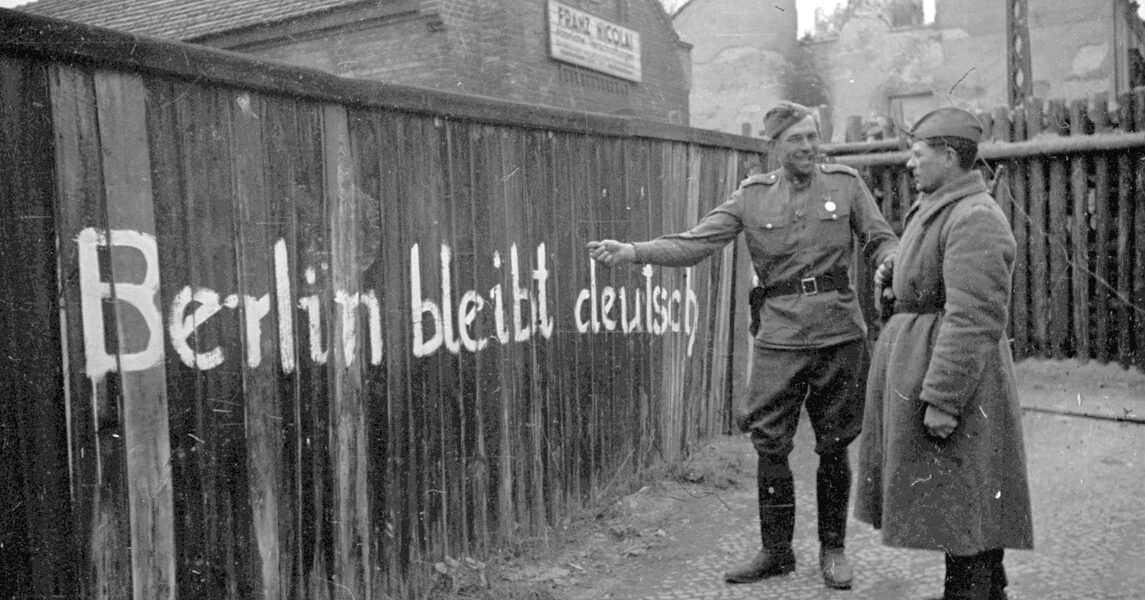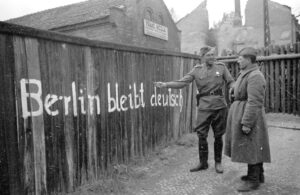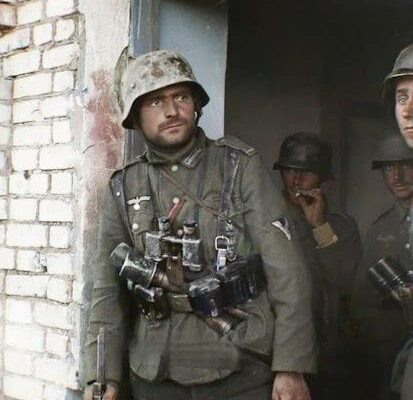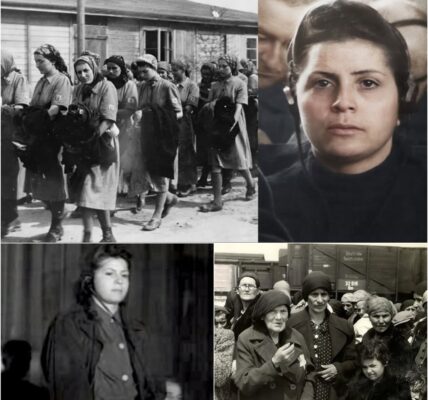On January 5, 1919, a power struggle broke out in post-war Germany.
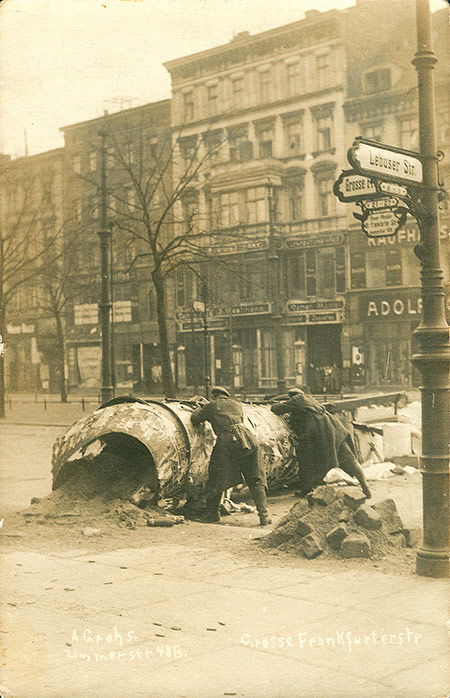
Germany had been defeated in the First World War, humiliated, suffered severe food shortages, and was ravaged by the flu epidemic sweeping Europe. The Kaiser abdicated, and on November 8, 1918, a socialist republic was reluctantly proclaimed in Berlin by the moderate Social Democratic leader Friedrich Ebert. He confessed to a friend that he “hated it like sin,” but he still formed a government. Meanwhile, there had been a mutiny in Kiel, and the ports on the Baltic and North Seas came under the control of councils of sailors, soldiers, and workers, following the Russian model.
The situation pleased Marxist leaders Karl Liebknecht and Rosa Luxemburg, who believed the revolution in Russia would inevitably spread to Germany and throughout Europe. Liebknecht, whose ambition was to be the German Lenin, was a left-wing lawyer who in 1914 had been the only member of the Reichstag to vote against German participation in the war. Late that year, with Rosa Luxemburg and others, he founded the Spartacus League, named after the gladiator Spartacus, the leader of the slave revolt that threatened the Roman government in the 1st century BC. The group’s leaflets were quickly outlawed, and Liebknecht was sent to the Eastern Front, where he refused to fight and spent his time burying dead soldiers. He was soon allowed to return to Berlin, where he was sentenced to prison for treason after a Spartacus demonstration in the city in 1916.
Rosa Luxemburg, the daughter of a Polish-Jewish family, was active in Polish left-wing politics from her youth but spent most of her adult life in Germany, where she was imprisoned several times for opposing the war and advocating a general strike. In Spartacist publications, she called herself Junius, after Lucius Junius Brutus, the founder of the Roman Republic around 500 BC. Like Liebknecht, she was imprisoned for treason in 1916. She did not share his support for the Bolsheviks but called for a dictatorship of the proletariat. She and Liebknecht were both released from prison in 1918 and founded the newspaper Rote Fahne. At the end of that year, a congress of the Spartacus League, socialists, and communists, founded the Communist Party of Germany, with Liebknecht and Luxemburg at its head.
Almost immediately, an uprising followed in Berlin against Ebert’s regime, which was supported by Soviet Russia. Luxemburg initially opposed it but later joined the uprising, which was supported by the Red Flag. The Berlin police chief, a radical sympathizer who had just been dismissed, supplied weapons to protesters who erected barricades in the streets and occupied the offices of an anti-Spartacist socialist newspaper. Calls for a general strike brought thousands of demonstrators to the city center, but the Revolutionary Committee that would lead the uprising could not agree on how to proceed. Some wanted to continue the armed uprising, others began talks with Ebert. Attempts to persuade army regiments in Berlin to join the uprising failed.
By January 11, Liebknecht and Luxemburg had lost control of events, and Liebknecht could only say fatalistically: “Ultimately, one must accept history as it develops.” The attempt at a left-wing revolution was violently crushed on Ebert’s orders by the army and the volunteer Freikorps militias, formed from soldiers returning from the war and secretly trained by the army. Equipped with artillery, machine guns, and grenades, they recaptured the police headquarters, the War Ministry, and other buildings the revolutionaries had seized, shooting hundreds of demonstrators, including many who surrendered. The government summarily dissolved the workers’ and soldiers’ councils. The result showed that there was nowhere near the widespread support for communism that the rebels had counted on, and the elections on January 19 were a triumph for Ebert and the creation of a democratic constitution for the new Weimar Republic.
On January 15, a Freikorps unit arrested Liebknecht and Luxemburg in a house where friends had hidden them. They were taken to the Hotel Eden, where Luxemburg’s skull was smashed with a rifle butt. She was then shot, and her body was thrown into the Landwehr Canal. “The old bitch is swimming now,” said one soldier.
Liebknecht was also shot, and his body was taken to a morgue. The official version of their deaths was that Liebknecht was shot while attempting to escape and that “Red Rosa” was attacked by a mob. Luxemburg’s body was recovered four months later, and she and Liebknecht were buried in the Friedrichsfelde Cemetery in Berlin. A Freikorps soldier named Otto Runge was sentenced to two years in prison in May for Luxemburg’s murder. He later received compensation from the Nazis.
